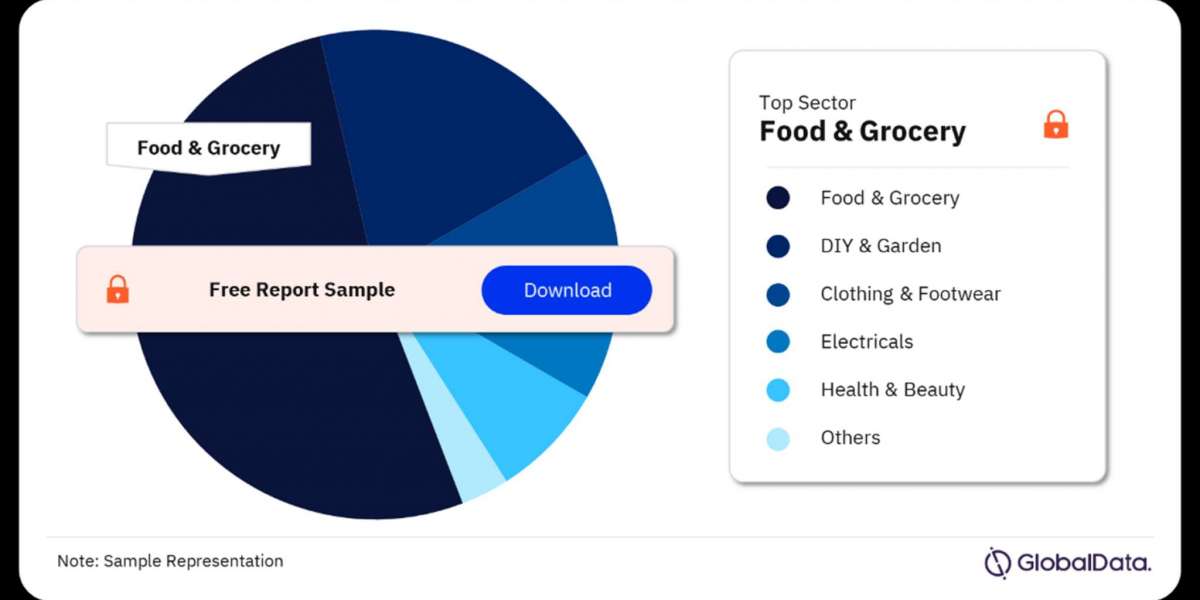The home buying process can be both exciting and overwhelming. From finding the perfect property to negotiating offers and securing financing, there are numerous steps to take to ensure a smooth and successful purchase. Whether you're a first-time buyer or a seasoned homeowner, understanding the key stages and common pitfalls can help you make informed decisions and avoid unnecessary stress. In this article, we’ll walk you through the essential steps of the home buying process, offering tips and advice to help you navigate each stage with confidence.
1. Evaluate Your Financial Situation
Before you start browsing listings or attending open houses, it's essential to evaluate your financial situation. Understanding your budget will not only help you narrow down your options but also ensure that you are financially prepared for the costs associated with purchasing a home.
Start by assessing your savings. You will need money for a down payment (typically 3-20% of the purchase price), closing costs, and other expenses such as moving fees and potential repairs. It’s also wise to establish an emergency fund to cover any unexpected home-related costs after the purchase.
Next, consider your credit score. A higher credit score often results in better mortgage rates, potentially saving you thousands of dollars over the life of the loan. If your credit score needs improvement, take some time to work on it before applying for a mortgage.
Finally, understand the cost of homeownership beyond the mortgage. Monthly payments, property taxes, utilities, maintenance, and homeowners insurance are ongoing expenses that need to be factored into your budget.
2. Get Pre-Approved for a Mortgage
Once you have a clear picture of your financial situation, the next step is to get pre-approved for a mortgage. A pre-approval letter shows sellers that you are a serious buyer and have the financial backing to follow through with an offer. This step is crucial because it gives you a realistic idea of how much you can afford to borrow.
When getting pre-approved, a lender will assess your financial history, including your credit score, income, debts, and assets. Based on this assessment, they will determine the loan amount you qualify for and the interest rate you can expect. Having pre-approval in hand will streamline the home-buying process and give you a competitive edge in a hot real estate market.
If you're Buying a Home in Eugene, be sure to research local lenders and mortgage programs. Some lenders may offer specific incentives for buyers in the area, so it’s worth exploring your options to find the best deal.
3. Find the Right Real Estate Agent
A knowledgeable and experienced real estate agent can make all the difference in the home buying process. They will guide you through the search, negotiate on your behalf, and help with paperwork. An agent will also have access to listings that may not be publicly available and can give you insider knowledge about the local market.
When choosing an agent, look for someone who is familiar with the area where you are looking to buy, whether that's a specific neighborhood or a larger region like Eugene. A local expert will understand the nuances of the market and can advise you on pricing trends, school districts, and other important factors.
Make sure to interview multiple agents to find one you feel comfortable with. Ask about their experience, how they plan to help you, and whether they have a good track record in closing deals similar to yours.
4. Start House Hunting
Now that you're financially prepared and have an agent on your side, it’s time to start house hunting. With your budget and needs in mind, begin browsing listings and attending open houses.
When viewing homes, consider both the property's features and its potential for long-term value. Think about the condition of the roof, plumbing, electrical systems, and appliances. Take note of any repairs or renovations that may be needed, as these can add costs to your initial investment.
Also, think about the home’s location. Is it close to your workplace or public transportation? Are schools, parks, and shopping centers nearby? The location will impact not only your daily convenience but also the long-term value of the property.
5. Make an Offer and Negotiate
Once you find a home that meets your needs and fits within your budget, it’s time to make an offer. Your real estate agent will help you determine an appropriate offer price based on comparable sales in the area, the home’s condition, and current market trends.
In a competitive market, you may need to act quickly, and there may be multiple offers on the table. If this happens, your agent can help you navigate the negotiation process to ensure that you make a compelling offer without exceeding your budget.
When making an offer, consider including contingencies, such as a home inspection or financing contingency. These clauses protect you in case there are issues with the home or financing that prevent you from closing the deal.
6. Schedule a Home Inspection
After your offer is accepted, it’s essential to schedule a home inspection. The purpose of the inspection is to identify any hidden issues with the property, such as foundation problems, leaks, or faulty electrical systems. While a home inspection is typically paid for by the buyer, it can save you from costly repairs down the line.
During the inspection, the inspector will examine the home’s major systems and structures, including the roof, foundation, plumbing, HVAC, and electrical systems. After the inspection, you’ll receive a detailed report of their findings. If significant issues are discovered, you may be able to negotiate repairs with the seller or even request a price reduction to cover the cost of repairs.
7. Review the Closing Process
Once the home inspection is complete and all contingencies have been satisfied, it's time to move forward with the closing process. The closing process involves signing the final paperwork, transferring ownership of the property, and finalizing your mortgage.
Before the closing day, review all documents carefully, including the closing disclosure, which outlines all costs associated with the purchase, such as closing costs, taxes, and fees. You’ll need to bring funds to cover these costs, which can include earnest money, your down payment, and other associated fees.
On the closing day, the seller will transfer ownership of the home to you, and you will receive the keys to your new property. At this point, the home is officially yours, and you can begin moving in.
8. Post-Purchase Considerations
Once you’ve purchased the home, there are a few post-purchase considerations to keep in mind. Make sure you update your address with the postal service, utilities, and any subscriptions or memberships. You’ll also need to set up or transfer homeowners insurance and begin budgeting for maintenance costs.
Take time to familiarize yourself with the neighborhood and meet your new neighbors. If you plan to make any changes or renovations to the home, be sure to check local zoning laws and building codes to ensure compliance.
Conclusion
Navigating the home buying process can be challenging, but by staying organized and informed, you can make confident decisions every step of the way. From securing financing to making a fair offer, each stage of the process is crucial to ensuring a successful home purchase. Whether you’re Buying a Home in Eugene or another city, follow these steps to help you find the right property, avoid common pitfalls, and ultimately enjoy the process of becoming a homeowner.








